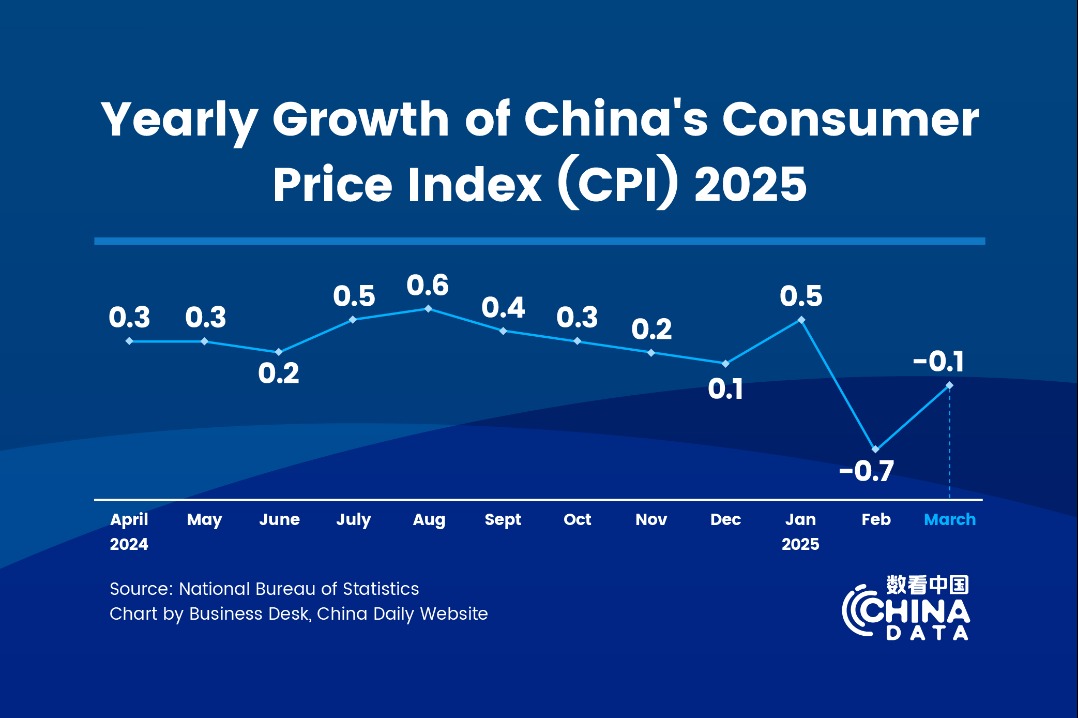CEOs: US chip-sale restrictions could backfire


American industry leaders are expressing concerns that restricting the sale of semiconductors to China could be detrimental to the US.
During a recent meeting in Washington with the Biden administration, the CEOs of the largest US chipmakers warned that the export restrictions could pose a risk to American leadership in the industry, Bloomberg reported.
On July 17, Pat Gelsinger, CEO of Intel, along with Jensen Huang from Nvidia and Cristiano Amon from Qualcomm, advised the Biden administration that the administration should not only assess the effects of restricting exports to China but also consider a pause before enacting any new measures.
One executive opposed to the existing regulations that limit the export of artificial intelligence (AI) hardware to China argued that the policies have not produced the intended result of slowing down China's AI development.
The industry leaders also indicated that the restrictions might undermine President Joe Biden's broader objectives of promoting increased chip manufacturing within the United States.
Intel told the Biden administration that the absence of Chinese orders could reduce the necessity for projects like the Ohio chipmaking hub.
"Without orders from Chinese customers, there will be much less need to go ahead with projects such as Intel's planned factory complex in Ohio," Intel CEO Pat Gelsinger told US national security adviser Jake Sullivan, Secretary of State Antony Blinken and other officials during meetings in Washington, Bloomberg reported, citing sources familiar with the matter.
In 2022, Intel announced plans to build a $20 billion manufacturing operation on the outskirts of Columbus, Ohio, which the company expects to be one of the world's largest chipmaking sites.
The project is also the first major investment in American microchip manufacturing directly linked to the passage of the Chips & Science Act last year to boost American semiconductor research and manufacturing.
"Right now, China represents 25 percent to 30 percent of semiconductor exports. If I have 25 percent to 30 percent less market, I need to build less factories," Gelsinger said at the Aspen Security Forum in July.
"You can't walk away from 25 to 30 percent and the fastest-growing market in the world and expect that you (continue) funding the (R&D) and the manufacturing cycle that we've released," Gelsinger said. "This is strategic to our future; we have to keep funding the (R&D), the manufacturing, etc.
"Today, we have over 1,000 companies on the entities list, many of which have nothing to do with national security and nothing to do with security concerns in China," he continued.
The Entity List is a trade restriction document published by the US Department of Commerce's Bureau of Industry and Security. Entities on the list are subject to US license requirements for the export or transfer of specified items, such as some technologies.
The Ohio project is also the largest single private-sector company investment ever in the state, according to the governor. Intel says its project will generate more than 20,000 jobs in the state, including 3,000 direct positions at Intel with an average salary of $135,000 a year, plus benefits, Bloomberg reported.
As China's orders contribute significant revenue that fuels chip companies' research and development efforts, export controls could endanger Biden's policy of reshoring chip production to the US, Bloomberg reported, quoting people familiar with the matter.
More than 60 percent of Qualcomm's revenue comes from the China region through the supply of components to smartphone manufacturers like Xiaomi Corp.
In 2021, China was the largest contributor to Intel's annual revenue, at 36 percent.
For Nvidia, revenue from China accounted for 22 percent of company revenue last year, according to financial statements.
Until now, major drops in revenue have been experienced by chip-equipment makers such as Applied Materials, cutting billions of dollars from projections, according to Bloomberg.
There also are concerns over the potential expansion of restrictions to other chip types, affecting device manufacturers, too. Nvidia, a leader in AI accelerators, faces shipment obstacles to China due to approval processes, Bloomberg reported.
"Over the long term, restrictions prohibiting the sale of our [AI chips] to China will result in a permanent loss of opportunities for the US industry to compete and lead in one of the world's largest markets, and the impact on our future business and financial results is there," said Nvidia CFO Colette Kress in a webinar in June, The Wall Street Journal reported.
Meanwhile, the Semiconductor Industry Association (SIA) released a statement in July and warned that the "unilateral" restrictions on semiconductors "risk diminishing the US semiconductor industry's competitiveness, disrupting supply chains, causing significant market uncertainty, and prompting continued escalatory retaliation by China".
"Allowing the industry to have continued access to the China market, the world's largest commercial market for commodity semiconductors, is important to avoid undermining the positive impact of this effort," SIA said in the statement.
"We call on both governments to ease tensions and seek solutions through dialogue, not further escalation. And we urge the administration to refrain from further restrictions until it engages more extensively with industry and experts to assess the impact of current and potential restrictions to determine whether they are narrow and clearly defined, consistently applied, and fully coordinated with allies," the statement says.
minluzhang@chinadailyusa.com




































